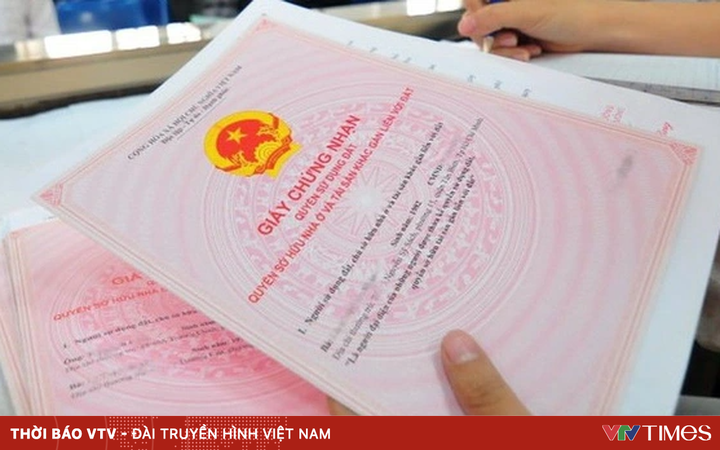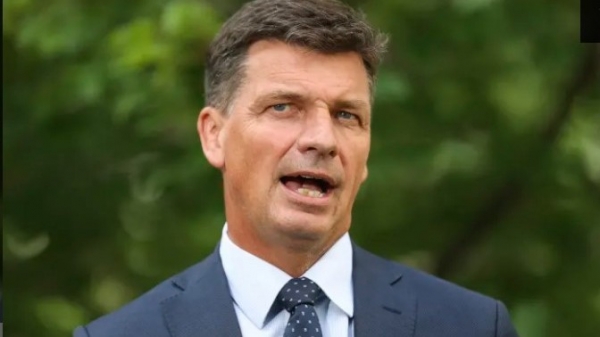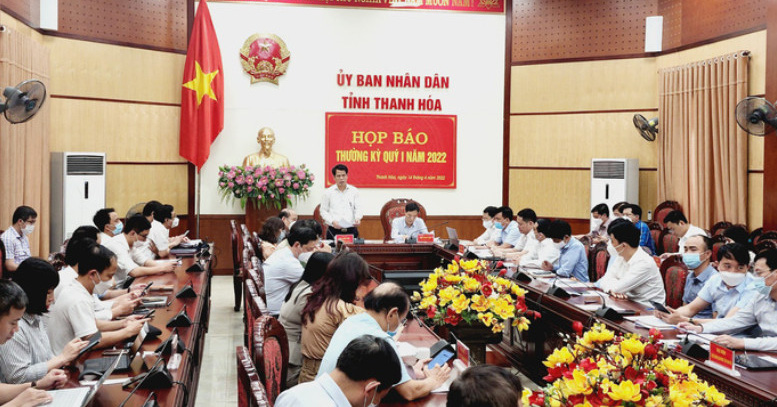China faces a big wave of divestment
The Fed’s push to tighten monetary policy will put great pressure on emerging markets, stimulating the tendency to divest capital to the US in search of higher profits.
The fact that the Fed raises interest rates often has a spillover effect on cross-border capital flows, so in the short term, the renminbi will likely continue to be under pressure to depreciate against the dollar, leading to the tendency of foreign investors to withdraw. capital from this market. In fact, in March and April, investment flows left China increased sharply, reaching a record high.
Many experts believe that this trend will not be too severe, because China has a large domestic economy, relatively good fundamentals, large foreign exchange reserves and a stable trade surplus. This will help create a buffer zone to limit the impact of the Fed raising interest rates.

Outside a currency exchange in Hong Kong. (Photo: AP)
“Currently, China’s inflation rate is relatively low and real interest rates are still higher than foreign ones. Therefore, after some short-term adjustments, cross-border capital flows will continue to flow into China. China to buy yuan-denominated assets. Despite short-term fluctuations in the market, the positive trend in medium and long-term investment will not change,” said Mr. Wang Youxin, senior expert, Institute Research Bank of China, comments.
However, economic uncertainties from the COVID-19 epidemic, geopolitical risks, could further complicate challenges for China’s capital markets and weigh on the renminbi. This requires Beijing to come up with policies to ensure economic growth.
“China’s monetary policy needs to be put in the center of attention, cautiously deployed, and strengthen financial support for the real economy, especially the group of small, medium and micro enterprises. It needs to be controlled. the right level of intensity and pace of policies, while ensuring the appropriateness and flexibility,” said Xu Hongcai, deputy director of the Economic Policy Committee, China Association for Policy Science.
Experts say that the key to ensuring investment capital flows in China in the coming time will still be the stability of the macroeconomic environment. If the economy weakens, the impact from the US tightening of monetary policy will be greater, promoting the wave of capital flight. On the contrary, if the economy maintains a stable growth rate, the risk of capital outflow from China will be significantly reduced.
* Invite readers to watch the programs broadcast by Vietnam Television on TV Online and VTVGo!
at Blogtuan.info – Source: vtv.vn – Read the original article here



